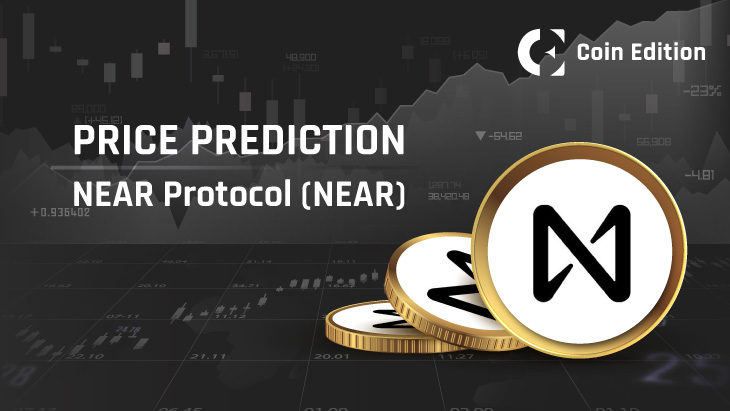- Hong Kong banks wary of virtual asset ETFs due to regulations.
- Institutional investors show growing interest in virtual assets.
- Low trading volume for Hong Kong virtual asset ETFs despite regulatory stability.
Hong Kong’s foray into the virtual asset ETF market faces challenges, as traditional banks exercise caution amid regulatory concerns and talent shortages. Over a month since the listing of Hong Kong’s virtual asset spot ETF, banks have yet to participate in distribution.
Chris Barford, Head of Financial Services Consulting at Ernst & Young Hong Kong, attributed the hesitation among traditional banks to concerns over anti-money laundering (AML) and know-your-customer (KYC) regulations. Additionally, a lack of technical expertise further deters their participation in product distribution.
While mainstream brokerages have distributed virtual asset spot ETFs, banks operate under different regulatory entities, requiring permissions and internal assessments for compliance. Barford emphasized the importance for traditional financial institutions to ensure regulatory adherence, particularly in AML and KYC protocols.
Despite regulatory hurdles, institutional investors are increasingly interested in virtual assets, anticipating potential returns outweighing market volatility. An Ernst & Young survey revealed plans among institutional investors to increase allocations to virtual assets in the next 2 to 3 years, with expectations to invest about 1% of assets if assets under management exceed $500 billion.
However, despite banks’ cautious approach, the trading volume of virtual asset ETFs in Hong Kong remains relatively low. Notably, the China Bitcoin ETF recorded an average daily transaction volume of 1,557 from its listing in April, significantly lower than its counterparts in the United States.
Barford acknowledged the stability of regulatory direction in the Hong Kong market, attributing its attractiveness to investors to the rigorous regulatory reviews and approvals. Despite the lower trading volumes, Hong Kong offers a secure investment environment, reassuring retail investors against fraud or cybersecurity risks.
As attention gravitates toward virtual asset investments, traditional financial institutions the application of essential technologies in payment, settlement, and custody. Tokenization emerges as a focal point, with institutions like HSBC venturing into tokenizing assets like gold for retail investors in Hong Kong. Barford envisions broader tokenization applications, potentially extending to real estate investments, making asset ownership more accessible to a broader investor base.
Disclaimer: The information presented in this article is for informational and educational purposes only. The article does not constitute financial advice or advice of any kind. Coin Edition is not responsible for any losses incurred as a result of the utilization of content, products, or services mentioned. Readers are advised to exercise caution before taking any action related to the company.







